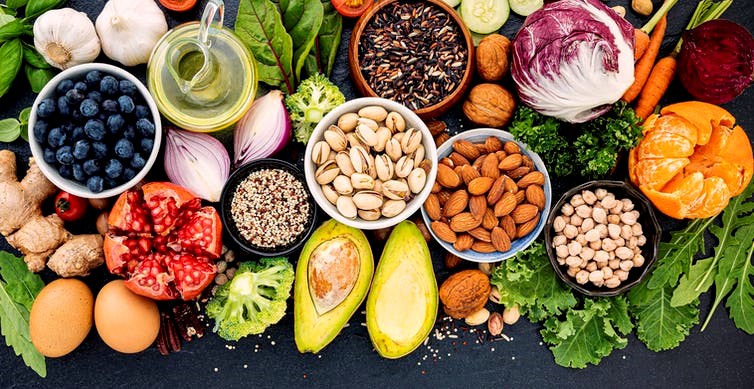New Yorkers are grappling with an affordability crisis and rising food prices are adding to their cost of living, according to a new poll.
Commissioned by the nonprofit No Kid Hungry New York, the survey found that 85% of New Yorkers saw the cost of food rising faster than their income. As a result, nearly four in five households said it had become harder to afford groceries over the past 12 months, the highest percentage tracked yet in the annual poll, according to a news release.
“Affordability is about more than just the rent," said Rachel Sabella, director of No Kid Hungry New York. "For millions of our neighbors, especially families with kids, the affordability crisis is a painful reality every time they get in the grocery checkout line."
Because of this, New Yorkers are facing hunger and are being forced to purchase less healthy food and becoming increasingly stressed about their ability to make ends meet, she added.
Those challenges are affecting how much New Yorkers buy and what foods they choose. Just under half of New Yorkers (43%) reported a sign of food insecurity, including eating less nutritious food or not having enough to eat. Roughly half of New Yorkers said they now purchase less, or no, fresh produce and proteins like because of the cost. The figures are significantly higher for parents of school-age children and households in rural areas.
Large majorities of New Yorkers making less than $50,000 per year (90%), $50,000-$99,000 (87%) and over even over $100,000 (72%) said food prices were rising faster than their income. Over half (58%) of New Yorkers report being more stressed figuring out how to afford enough nutritious food compared to this time last year.
The poll was conducted by Change Research between March 16 and 20 and surveyed 1,673 New Yorkers across the state and has a margin of error of +/- 3.3%.




